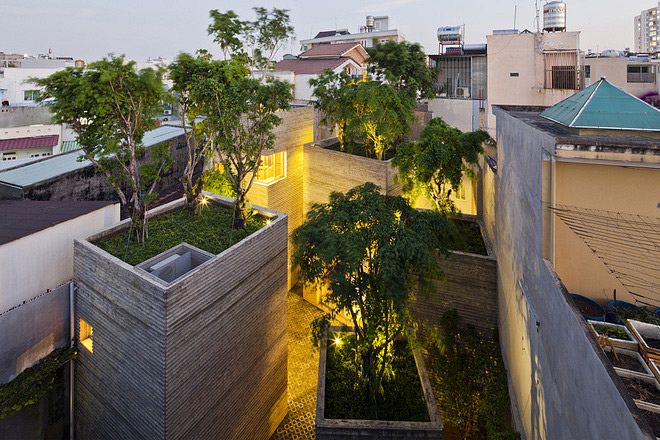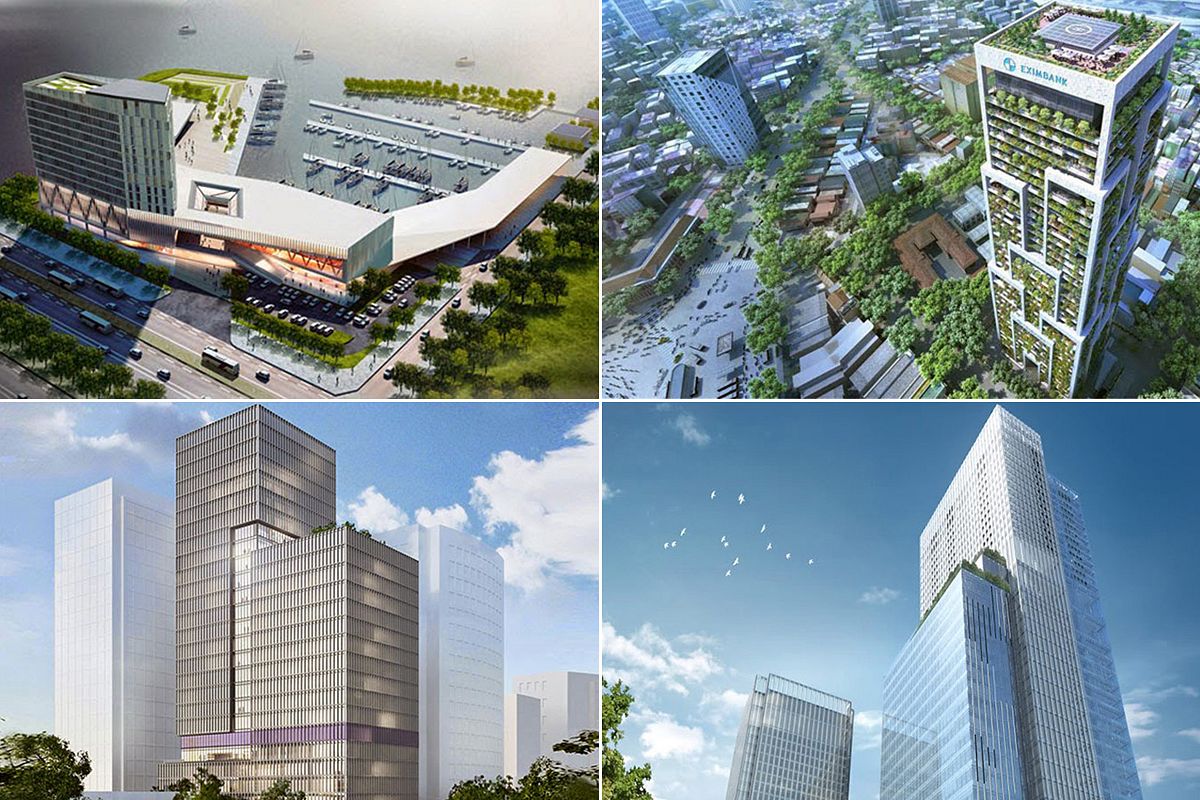Ho Chi Minh City is expected to have more standardized public restrooms installed at bus stations across the city.
According to Tuoi Tre, Tien Phong Environmental Technology JSC (TPET JSC) has submitted its proposal to the Ho Chi Minh City administration to build more standardized public restrooms. TPET suggests that these public toilets are to be placed at local bus stations to make public transportation more attractive to passengers. Company director Nguyen Xuan Sang told Tuoi Tre that four "smart restrooms" near the bus station on Ham Nghi Street in District 1 have already been installed.
The new built-in features include reflective walls that are made of stainless steel, automated functions such as spraying, washing and flushing, a hand-washing sink and automated hand-driers. All is for the benefit of customers' comfort and convenience. The never-seen-before installation of screens in the toilet allows users to keep an eye on motorbike theft as well as other people waiting for their turn outside. More importantly, motion sensors on the ceiling help avoid any unfortunate incidents, especially those related to health. In the case of someone experiencing a seizure, there is an emergency button from 30 centimeters away to call for help and guarantee user safety. Each smart toilet cabin costs VND380 million, according to Sang.
Sang also proposed the idea of building "3-in-1” bus stations. The waiting spots become more high-tech with handy functions like automatic doors, air-conditioners and touch screens to look up bus route information. Along with the smart toilets, the plan is to manage and guarantee safety as well as maintain cleanliness of the kiosk, mostly using technology.
At the same time, the multi-purpose project is operated to assist tourists in finding information, bus tickets and other instructions available on the kiosks' screens which will be connected to municipal departments and agencies.
The "3-in-1" bus stops are to feature ATMs or booths that sell top-up mobile phone cards or accept utility payments to help cover maintenance and operation costs, as well as employees’ wages. They are mapping the multi-purpose stops at nine locations in District 1, 3, 9, Tan Binh and Tan Phu, together with eight rest areas of long-haul bus routes. The locations are still under examination in terms of water supply and waste management.
Prior to the smart public restrooms, Sacombank spearheaded a "five-star toilets" program in 2014 and the Ho Chi Minh City Department of Transport said that the city is seeking private investment to construct 100 more free-of-charge public toilets like this in response to public support.
[Photo via Tuoi Tre]














